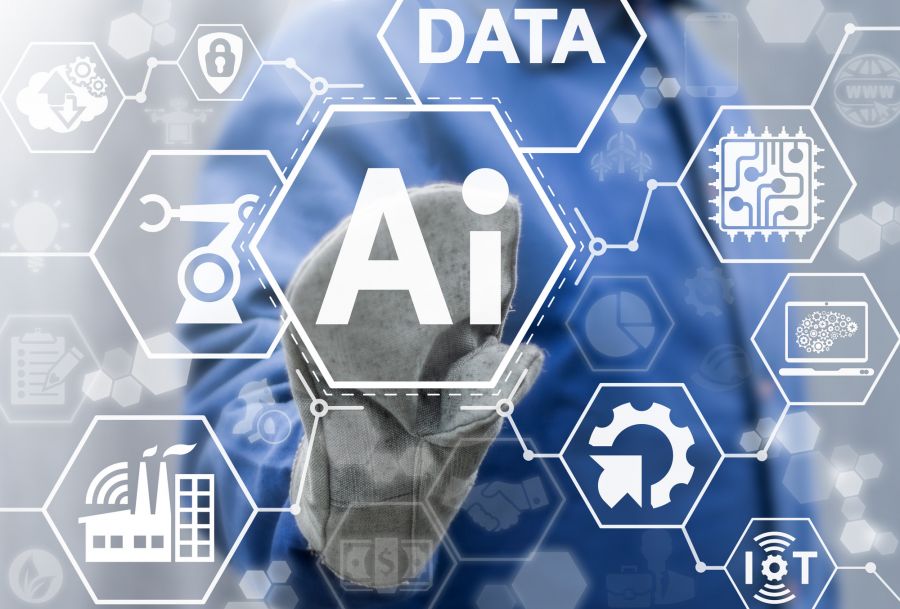Page content

Natural Language Processing (NLP) is a dynamic and burgeoning field of research, dedicated to empowering machines to comprehend, interpret, and generate human language. It involves developing algorithms and models that enable computers to read, understand context, and extract meaningful insights from vast amounts of textual data.
Researchers in NLP explore a rich landscape of challenges, from language understanding and sentiment analysis to machine translation and dialogue systems. This realm intersects linguistics, machine learning, and computer science, aiming to unravel the complexities of human communication.
As an NLP researcher, you embark on a journey to advance our understanding of language, improve communication between humans and machines, and innovate applications that touch various aspects of our lives, from healthcare and finance to education and beyond.

Generative AI stands at the forefront of cutting-edge research, representing a realm where machines emulate creativity and innovation. It's a sophisticated domain where computers learn to craft original content—be it art, music, text, or more—by analysing vast datasets and discerning patterns and structures.
Picture a researcher's toolkit that extends beyond traditional programming, enabling the development of algorithms that can autonomously generate novel creations. Generative AI is a thrilling frontier, pushing the boundaries of what's possible in technology and creativity.
As a researcher delving into generative AI, you're embarking on a journey to drive groundbreaking advancements, unravel the intricacies of machine-generated content, and explore new horizons in artificial intelligence, ultimately shaping the future of human-computer interaction and expression.

Explainable and Trustworthy AI represents a pivotal domain in contemporary research, focused on enhancing transparency, accountability, and reliability in AI systems. It's about building intelligent machines that not only provide accurate predictions and decisions but can also clearly explain the reasoning behind them in a way that humans can comprehend.
In this field, researchers delve into creating AI models and algorithms that prioritise interpretability, fairness, and robustness, ensuring ethical and accountable deployment of AI technologies. Imagine designing AI systems that act as reliable collaborators, gaining trust through their explainability and predictability.
As a researcher in explainable and trustworthy AI, you venture into a critical arena, vital for driving societal trust, mitigating biases, and promoting responsible AI adoption, ultimately reshaping the landscape of AI research and application.

Intelligent Process Analytics is a growing frontier in research, focused on leveraging advanced data analytics and artificial intelligence to optimise and enhance organizational processes. It involves developing cutting-edge algorithms and methodologies to analyse and model complex processes, extracting valuable insights to streamline operations, reduce inefficiencies, and drive informed decision-making.
Researchers in this field delve into understanding how data-driven approaches can be harnessed to uncover patterns, predict outcomes, and dynamically adapt processes in real-time. Imagine being able to optimise workflows, automate repetitive tasks, and enhance overall productivity through intelligent analytics.
As a researcher in intelligent process analytics, you are poised to make significant contributions, revolutionising industries, and organisations by providing the tools and knowledge needed to unlock the potential of data and intelligence within processes.

Digital Twins, at the forefront of research and innovation, represent a paradigm-shifting approach in various domains, from engineering to healthcare and beyond. It involves creating virtual replicas of physical objects, processes, or systems, infused with real-time data and sophisticated modelling.
Researchers in the realm of digital twins strive to bridge the gap between the physical and digital worlds, developing algorithms, simulation models, and visualisation techniques that enable accurate representation and analysis of complex entities. Imagine having a digital mirror of any physical entity, allowing for predictive analytics, performance optimisation, and precise decision-making.
As a researcher in digital twins, you are venturing into a transformative landscape, pioneering advancements that promise to revolutionise industries, enhance sustainability, and drive innovation in the era of interconnected and intelligent systems.

















